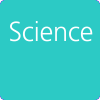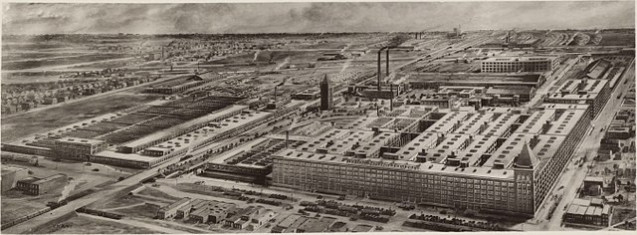
Citations croches, lectures imaginaires et mythes scientifiques

Un excellent billet de Jon Brock dans le blog Nature Index daté du 21 octobre dernier nous entraîne dans l’univers déroutant de la citation mal digérée voire d’un article qu’on a de toute évidence pas vraiment lu, ou alors très mal compris, et qui au final sert de chambres d’échos à des mythes ou pseudo-mythes scientifiques.
Le billet s’appuie sur une étude publiée dans PLoS ONE, qui analyse les citations de trois articles critiquant le célèbre effet Hawthorne, bien connu en sciences sociales.
Similar to the placebo effect, the Hawthorne effect describes a phenomenon where people’s behaviour changes when they are aware that they are being observed or are part of a study.
[…]
The Hawthorne effect owes its name to a series of investigations conducted in the 1920s and 30s at the Western Electric Company’s Hawthorne Plant in Illinois. The researchers observed that productivity increased among the workers who were selected to take part in the programme.
En 2000, un article par Wickström et Bendix, deux chercheurs scandinaves, paru dans Scandinavian Journal of Work, Environment & Health, remettait en question la validité de cette théorie.
Et c'est ici que le problème commence…
Les auteurs de l’étude dans PLoS ONE, Letrud et Hernes, ont découvert que 155 des 196 articles qui citaient Wickström et Bendix et leur critique de l’effet Hawthorne les citait en fait… à l’envers, affirmant qu'ils avaient confirmé plutôt que remis en question la validité de l'effet Hawthorne.
Commentaire hilare du professeur Bendix : “l am amazed that our paper has been cited so often, but even more amazed that the majority of authors evidently has read it very superficially – if they have read it at all.”
Tout serait simplement anecdotique si, hélas, deux autres études sur le même sujet n’auraient connu le même sort…
--
Le billet du blog : https://www.natureindex.com/news-blog/misciting-scientific-myths-spread-strengthen-hawthorne-effect
L’article de PLoS ONE : Letrud K & Hernes S (2019) Affirmative citation bias in scientific myth debunking: A three-in-one case study. Plos One 14(9):e0222213. Doi : 10.1371/journal.pone.0222213
L’article de Wickström et Bendix : Wickström G & Bendix T (2000) The "Hawthorne effect" - what did the original Hawthorne studies actually show? Scandinavian Journal of Work, Environment & Health. 26(4):363-367 Doi: 10.5271/sjweh.555(4):363-367.
--
Image : Hawthorne, Illinois Works of the Western Electric Company, 1925, source: Wikimedia Commons, domaine public
